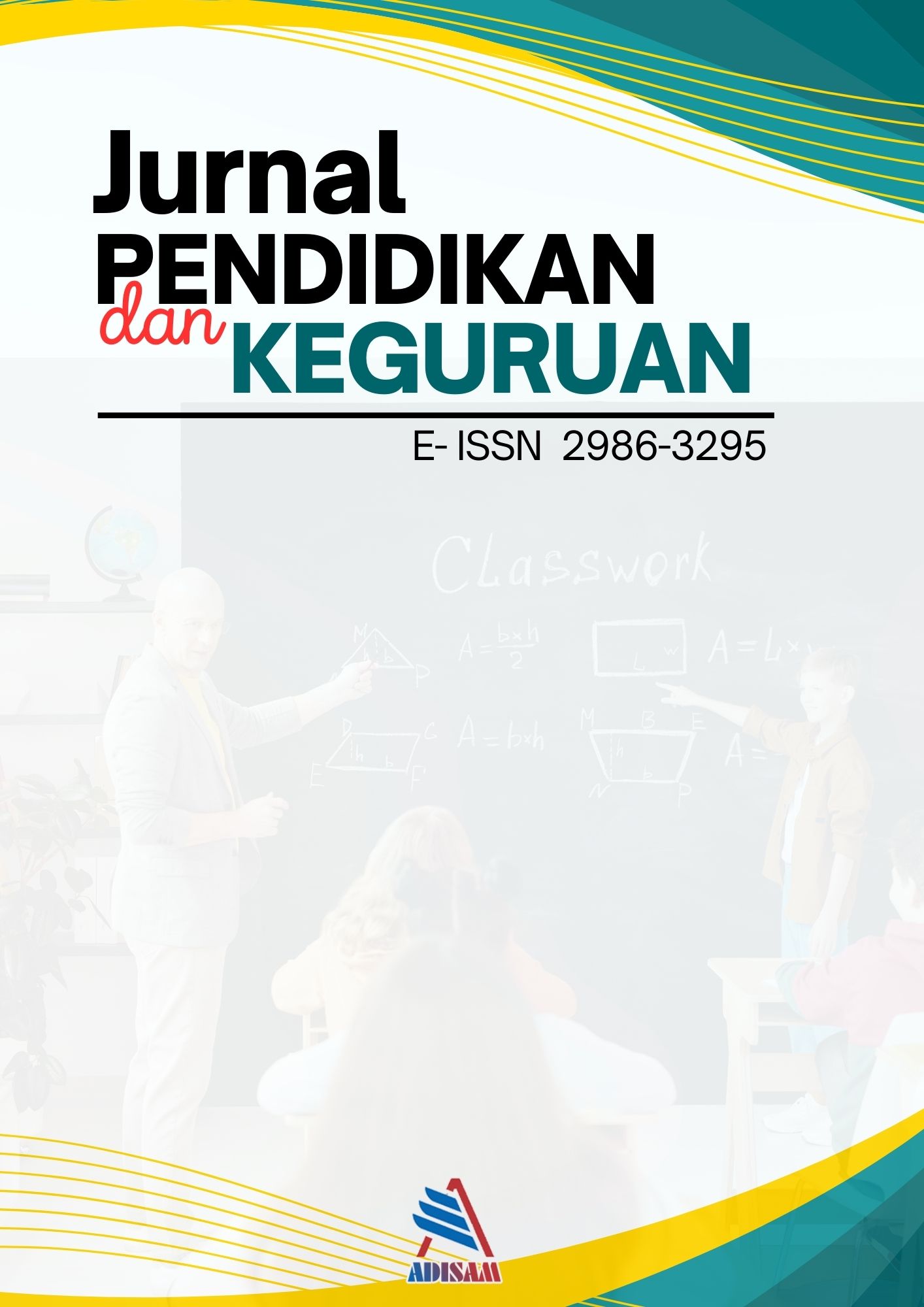DARI AL-QUR'AN KE KURIKULUM: EVOLUSI KURIKULUM PENDIDIKAN ISLAM DARI MASA KLASIK KE MODERN
Keywords:
Islamic education curriculum, Al-Qur'an, science, classical education, modern education, globalization, technologyAbstract
This article discusses the evolution of the Islamic education curriculum from classical to modern, and changes in the curriculum in the context of teaching and conveying knowledge in Islamic education. In the classical style, the educational curriculum focuses on the Koran, hadith, fiqh, and other religious sciences, which are taught in madrasas and mosques. Islamic education is the natural center of religious education. During the growth of Islamic civilization, the curriculum was driven by rational sciences, for example, mathematics, astronomy, medicine, philosophy. It is becoming more holistic and diversified. In the colonial period, Islamic education collided with secular education, which was centered on Western science. Nowadays, after independence, the reform education curriculum combines religious and general knowledge, educating modern humans. Globalized, the Islamic education curriculum seeks to overcome apologetics and the domination of other sciences to produce productive Muslims who apply science to the divine. This article discusses the opportunities and challenges of today's curriculum in the digital era, and the role of education in empowering strong and intelligent people.
Downloads
References
Makdisi, G. (1981). The Rise of Colleges: Institutions of Learning in Islam and the West. Islamic Studies, 20(4), 447-457.
Mok, K. H., & Chan, J. (2006). Education and Modernization in the Arab World: A Comparative Study of Educational Reforms in Egypt and Saudi Arabia. Comparative Education Review, 50(3), 319-344.
Nasr, S. H. (2003). The Heart of Islam: Enduring Values for Humanity. HarperOne.
Zaman, M. Q. (2002). Religion and Politics under the Early Abbasids. Oxford University Press. Rahman, F. (1982). Islamic Education: Its Traditions and Modern Significance. Islamic Studies,
21(4), 455-467.
Al-Attas, S. M. N. (1993). The Concept of Education in Islam: A Framework for an Islamic Philosophy of Education. International Institute of Islamic Thought and Civilization (ISTAC).
Siddiqui, M. S. (2017). Modernizing Islamic Education: A Critical Analysis of Educational Reforms in the Muslim World. Islamic Education Studies, 5(1), 13-25.










